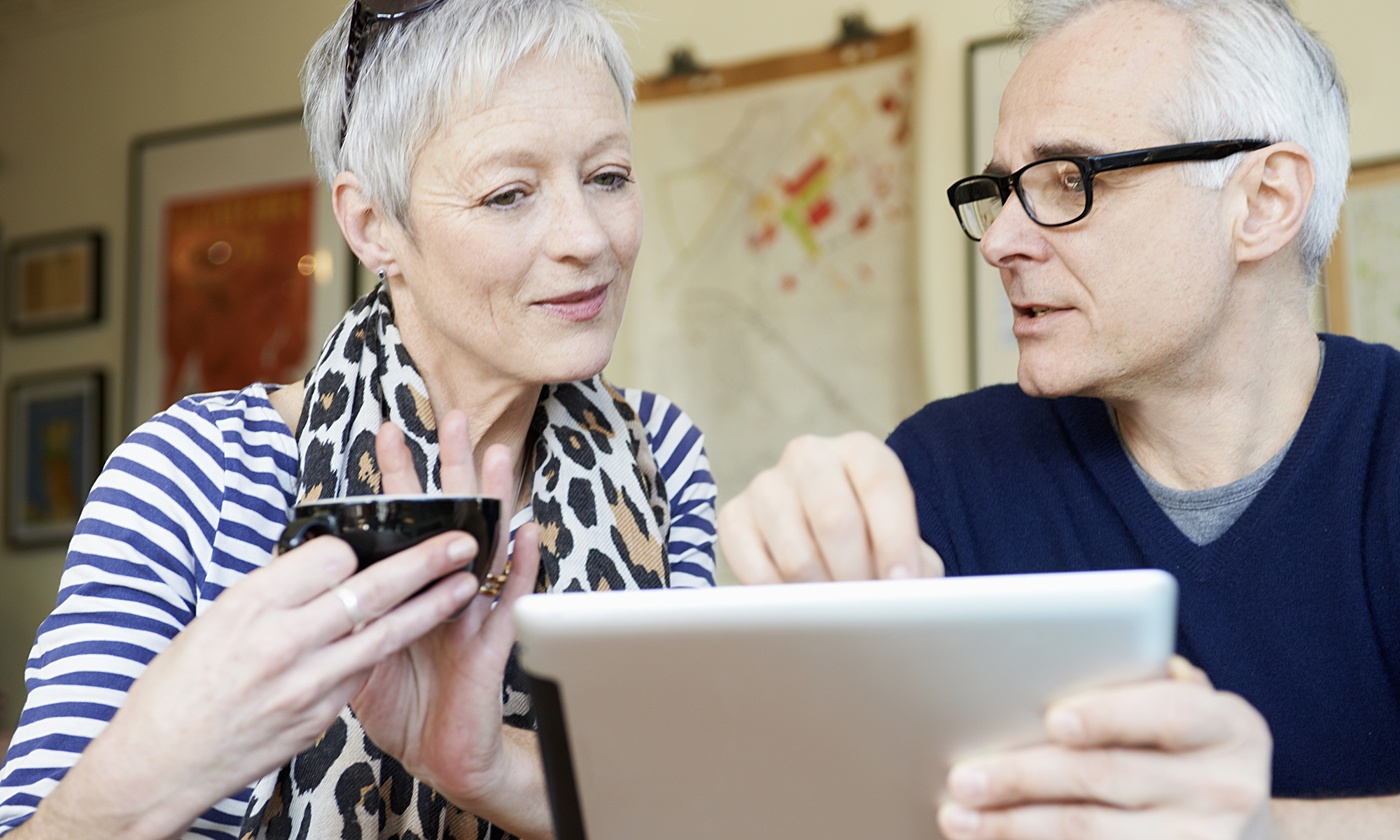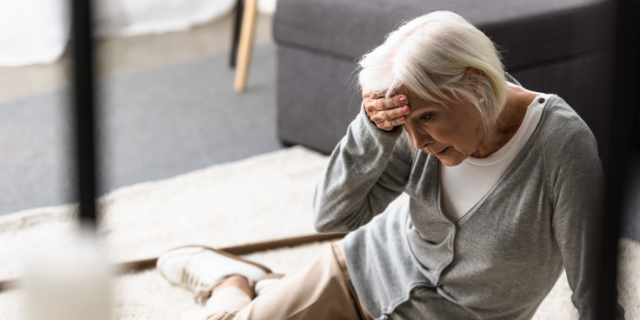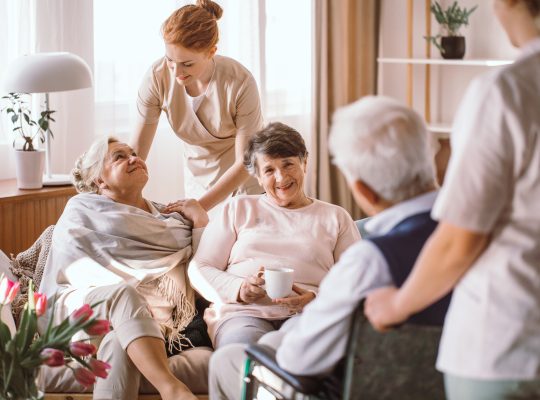The elderly person being cared for may have difficulty shopping or cooking alone. As a caregiver, you can take care of the shopping and hot meals. On this page, you will find some tips to help you do just that.
What Can the Elderly Person Control?
Elderly people often find it bothersome to be dependent on others. Together, identify what the person you are caring for can still do and control on their own. For example, make a shopping list, peel potatoes, wash vegetables, etc.
Tips for Seniors Who Cook for Themselves
Can the elderly person still cook but has problems standing for long periods? Choose easy recipes that can be done quickly. Recipe sites offer a selection of recipes that can be prepared in 15 to 30 minutes.
As a Caregiver, How Can You Ensure Safe Nutrition?
Elderly people are especially susceptible to food-borne infections. Therefore, handling food safely when purchasing, preparing, and storing it is essential. In addition, the elderly should avoid eating certain foods.
A healthy meal includes the following:
- At least 150 g of vegetables
- Lean meat, fish, eggs, or meat substitutes such as tofu, legumes, nuts
- Potatoes, brown rice, pasta
- Liquid margarine, fried oil, or grease
- Not excessively salted
- Adequate protein, primarily in milk (products), fish, meat, or meat substitutes such as eggs, legumes, nuts, tofu.
Some caregivers choose to cook the meals for their loved ones. For example, they can cook extra and freeze it.
Here are some tips to help you prepare and store meals in advance:
If they are a picky eater, provide enough vegetables and meat, fish, and meat substitutes, and fewer potatoes, pasta, and rice.
-Does someone you care for have a specific disease or condition? Recipe sites allow you to filter for diabetes, high cholesterol, low-sodium, and many other diets.
-Cooked foods should be allowed to cool for a while before placing them in the refrigerator or freezer; they should be stored for 30 minutes or until they are ready to eat. Do not leave food out of the fridge for more than 2 hours, as bacteria can grow.
Store cooked food in the refrigerator for 2 days. Have you ever cooked food for more than 2 days? Then store food in the freezer. Some food can be stored for up to 3 months
-Use airtight containers. If necessary, place a sticker on the container with the freezing date.
-Store prepared foods at appropriate temperatures. The optimal temperature is 4°C in the refrigerator and -18°C in the freezer.
-Frozen foods should be thawed in the refrigerator the night before. They can also be divided into smaller portions and defrosted in the microwave. Do not thaw food out of the refrigerator all day or overnight.
-Heat (steam) food well. This can be done in a pan or the microwave. If heating in a microwave: Stop the microwave in the middle of heating. Do not make too large a portion so that it can be reheated properly. It is possible to reheat a part in two portions.
-Since frail elderly people are susceptible to food infections, it is best to throw away uneaten food once it has been consumed. If there are too many leftovers, see if the portions can be changed.

Checking the Refrigerator
Food may remain in the refrigerator for a long time. It may be necessary to check the refrigerator regularly for expired products or those that have been open for some time. Special attention should be paid to perishable products such as meat, fish, and sliced vegetables. Meat products are best stored within 4 days of opening.
Do you have any other tips? Share it with us in the comments below!







